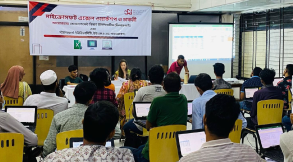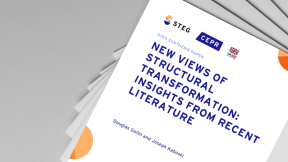We examine a policy reform in India that decentralised the approval decision to legally deforest land parcels, to study how it shapes the development-conservation policy trade-off faced by governments. Using rich data on the universe of deforestation applications and their approval outcomes, we find that decentralising the decision-making from the central government to states significantly increased the number of applications received by the latter, despite a fall in the approval probability. Structural estimates indicate that while state governments (as compared to the cental) put a 11% lower weight on economic development (vis-a-vis conservation), they also have 15% lower application cost as well. This results in a lower quality and higher volume of projects being proposed and approved, leading to more deforestation without much economic development. From the lens of a dynamic model, we show that while state governments in fact do value economic development more in the long-term, they optimally choose to be more stringent in their short-term approvals in response to lower costs and more lower quality applications received by them.
STEG Project Policy Brief
• Research Theme 0: Data, Measurement, and Conceptual Framing,
Research Theme 5: The Role of the Public Sector,
Cross-Cutting Issue 2: Climate Change and the Environment
Decentralising the Development-Conservation Trade-off: Evidence from Forestland Diversions in India

Related content















































































































